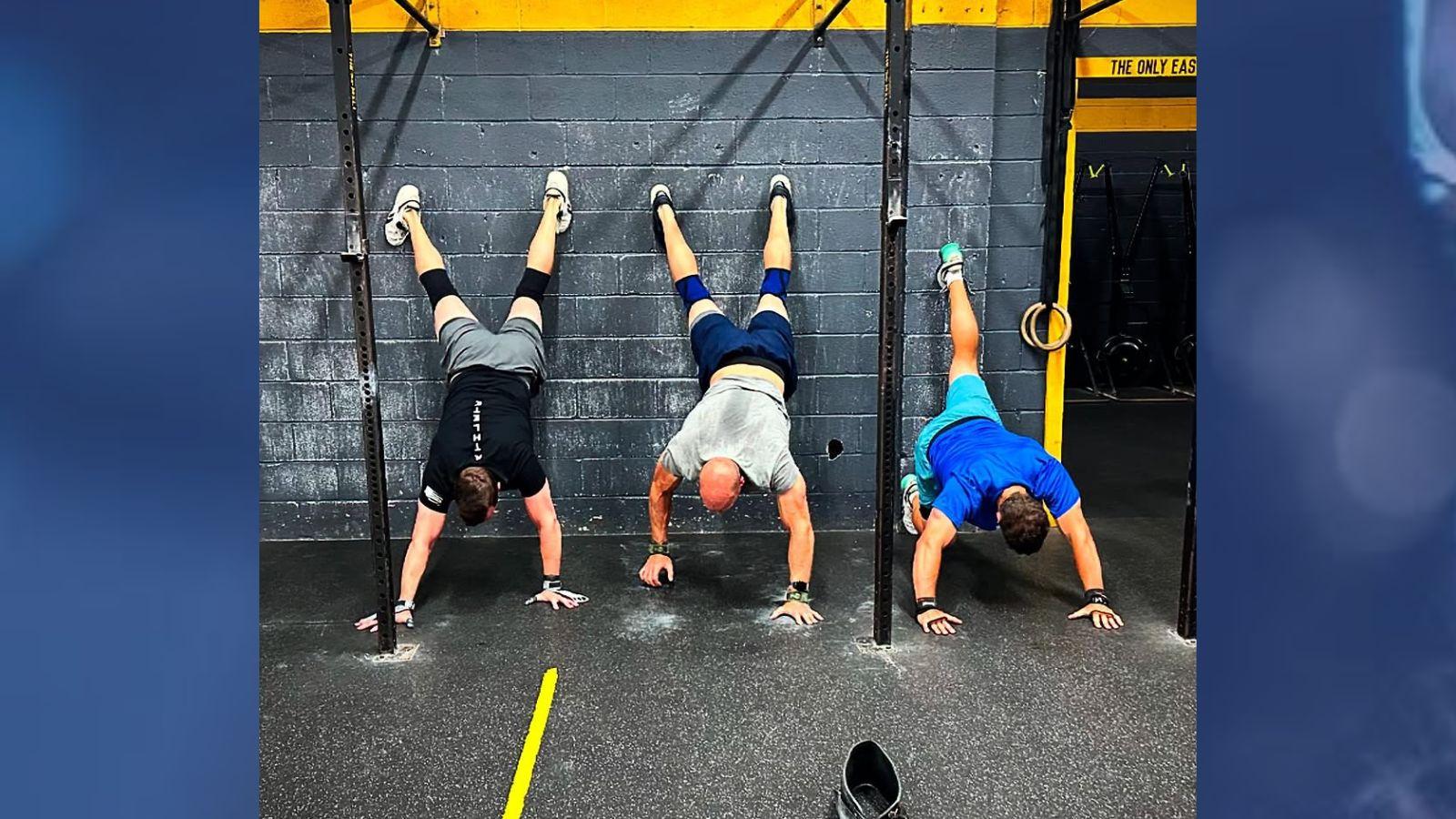New Study Links High-Intensity Training to Cancer-Fighting Benefits

High-intensity interval training and resistance exercises could be crucial in fighting cancer.
- That is according to new research from Edith Cowan University in Western Australia, published in Breast Cancer Research and Treatment in July 2025. (1)
The Details
The research, conducted by PhD student Francesco Bettariga, found that a single dose of either resistance training or high-intensity interval training (HIIT) increases myokine levels, a protein our muscles produce that is thought to have anti-cancer effects. (2)
- More specifically, Bettariga measured the myokine levels of breast cancer survivors before and immediately after a HIIT or resistance training session, as well as 30 minutes after the workout. Both showed an immediate increase in myokine levels.
Ultimately, the data indicate that these levels could possibly reduce cancer cell growth by 20% to 30%.
One more thing: Bettariga’s research also examined how potential changes in body composition from regular exercise might positively impact inflammation, which is known to play a role in cancer progression.
The Big Picture
While this is just one study and more research is needed, it’s another victory for the HIIT community, as it highlights yet another health benefit of the training that CrossFit gyms worldwide promote. More importantly, it adds to the growing body of scientific evidence that views exercise as preventative medicine.
Read more about other research on the topic here:
- Your Belly Fat Might Be Healthier if You Work Out, New Research Suggests
- Study: One Year of Resistance Training Can Benefit Older Adults for Years Afterward
- High Intensity Exercise More Effective at Combating Anxiety and Depression than Drugs, According to Study
- When It Comes to Health, Fitness Beats BMI and Body Composition, Research Suggests
Source
- Bettariga, F., Taaffe, D.R., Crespo-Garcia, C. et al. A single bout of resistance or high-intensity interval training increases anti-cancer myokines and suppresses cancer cell growth in vitro in survivors of breast cancer. Breast Cancer Res Treat 213, 171–180 (2025). https://doi.org/10.1007/s10549-025-07772-w
- Huang Q, Wu M, Wu X, Zhang Y, Xia Y. Muscle-to-tumor crosstalk: The effect of exercise-induced myokine on cancer progression. Biochim Biophys Acta Rev Cancer. 2022 Sep;1877(5):188761. doi: 10.1016/j.bbcan.2022.188761. Epub 2022 Jul 16. PMID: 35850277.
Credit: @welcome_to_the_mill / Instagram

